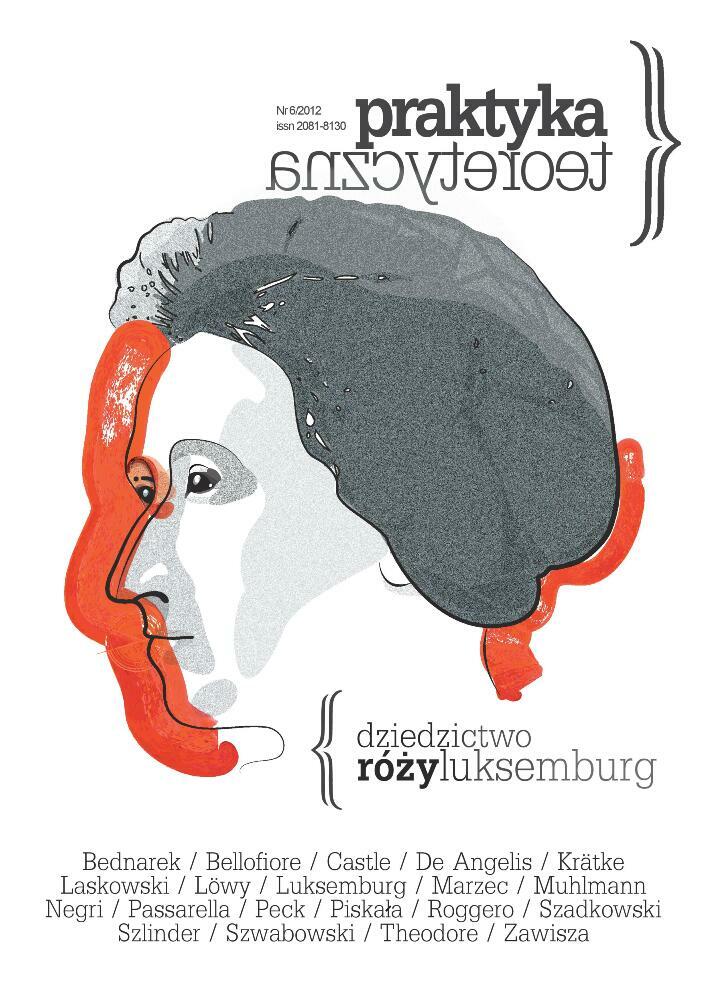Abstract
The article is a direct response to the previous voices in the debate
dedicated to historicity of the neoliberal state. Facing with Loïc Wacquant’s and
Mathieu Hilgers’ contributions, the authors try to complement them with the often
neglected dimension of spatiality. This procedure allows one to treat neoliberalisation,
distinguished from the more static and above all discursive concept of neoliberalism,
as a variegated and context-dependent process. The concept of “reanimation” of
neoliberalism serves here to capture its mobile character and different varieties
conceptualized in opposition to the unified vision of inevitable project of neoliberal
restructuring. It is grounded in the methodological via media that leads us “between
paradigmatic truth spots on the one hand, and spaces of exception on the other,
towards an understanding of the complex spatiality of actually existing neoliberalism
and its co-evolution with neoliberal doctrines”.
License
“Theoretical Practice” seeks to put into practice the idea of open access to knowledge and broadening the domain of the commons. It serves the development of science, thinking and critical reflection. The journal is published in open-access mode under the CC-BY-NC-SA 4.0 license (detail available here: http://creativecommons.org/licenses/by-nc-sa/4.0/). Articles published in the journal may be freely distributed, stored, printed and utilized for academic and teaching purposes without restrictions.
They should not be, however, used for any commercial purposes or be reconstructed into derivative creations. Access to the journal may not be limited or offered for a fee by any third party.
Prospective authors are obliged to fill in, sign and send back the publishing contract compliant with the CC licencing. [PL.pdf, PL.doc, EN.pdf,EN.doc].
According to this contract, authors grant the journal a non-exclusive right to publish their work under the creative commons license (CC-BY-NC-SA 4.0) without any financial obligation on both sides of the contract.
Before submission authors should make sure that derivative materials they use are not protected by copyright preventing their non-commercial publication. Authors are responsible for any respective copyright violations.
